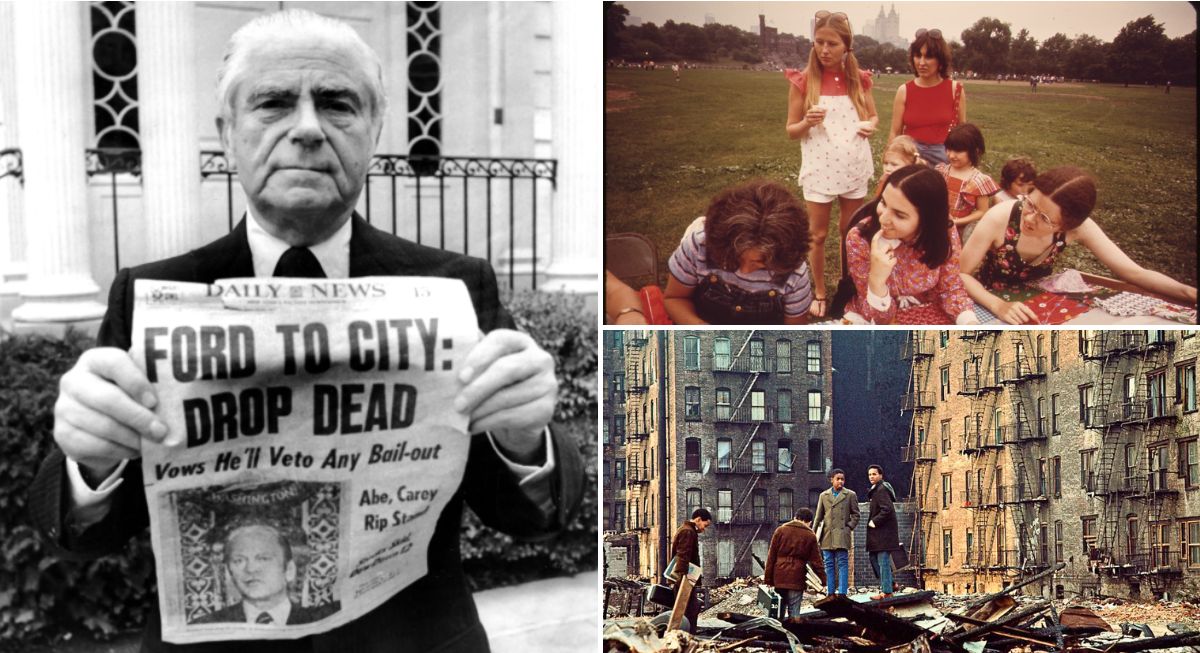America gets a lot of things right, but for a country that prides itself on being a global leader, there are a few head-scratching issues that won't go away. Other nations cracked these puzzles ages ago, yet the U.S. keeps fumbling. We listed everyday problems that seem strangely unsolvable in America, even though the answers are already out there.
Universal Healthcare

Credit: freepik
The U.S. spends more on healthcare per person than any other country, yet millions remain uninsured. Meanwhile, places like Canada, the U.K., and Germany offer universal healthcare. Americans often face sky-high premiums, medical debt, and GoFundMe campaigns to afford basic care.
Mandatory Paid Parental Leave

Credit: freepik
The U.S. remains one of the only developed nations without federally mandated paid parental leave. New parents in other countries can bond with their babies without stressing rent. In America, unless you have a generous employer, maternity leave means burning through savings or rushing back to work before you've caught up on sleep.
Comprehensive Gun Control

Credit: freepik
Mass shootings are a grim reality in America, but in Australia, they're practically nonexistent. After a mass shooting in 1996, Australia swiftly enacted strict gun laws, including a mandatory buyback program. The result was that gun deaths plummeted. Meanwhile, the U.S. continues debating background checks while gun violence remains a daily headline.
Lower Prescription Drug Prices

Credit: freepik
Why does insulin cost $35 in Canada but hundreds of dollars in the U.S.? Other countries negotiate drug prices to keep them reasonable. The U.S. allows pharmaceutical companies to set their prices with little regulation, which has led to some of the highest prescription costs on the planet. Americans often ration medication or cross borders for cheaper options.
Affordable Childcare

Credit: freepik
Childcare in the U.S. can cost over $15,000 a year per child, which has left many parents to choose between working and staying home. Other countries solved this problem ages ago. France provides subsidized childcare with highly trained staff. Denmark ensures affordable daycare for all. Even Canada has a nationwide program to cap costs.
Public Restroom Availability
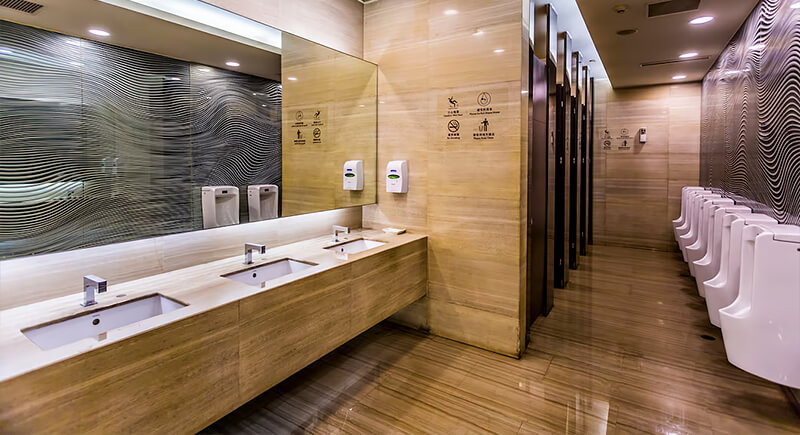
Credit: freepik
Need to use the bathroom in the U.S.? Good luck. Unlike Japan, which offers pristine public restrooms on every corner, or European cities with pay-to-use stalls, America's approach is "hold it or buy something." Public restrooms are rare outside major transit hubs, forcing people to rely on fast-food chains or gas stations.
High-Speed Rail Networks
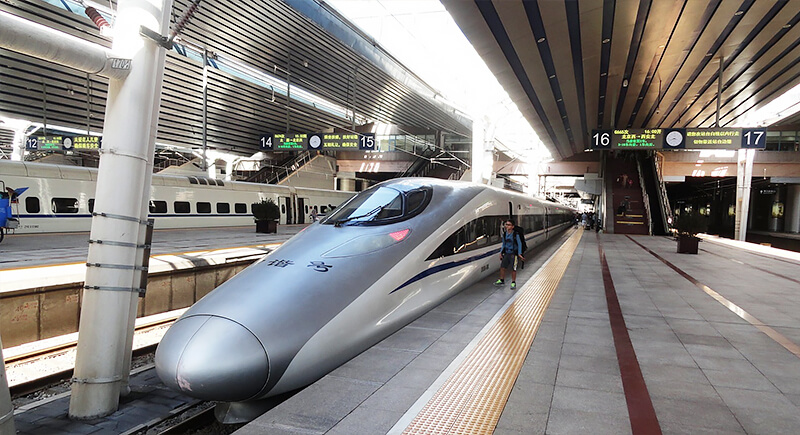
Credit: flickr
America loves cars, but not everyone wants to sit in traffic or take expensive flights. Meanwhile, Japan's Shinkansen, France's TGV, and China's high-speed rail make travel effortless. The U.S. is stuck with Amtrak, which is slow, expensive, and unreliable. High-speed rail could connect significant cities and ease congestion, but funding issues and political gridlock prevent it.
Comprehensive Recycling Programs
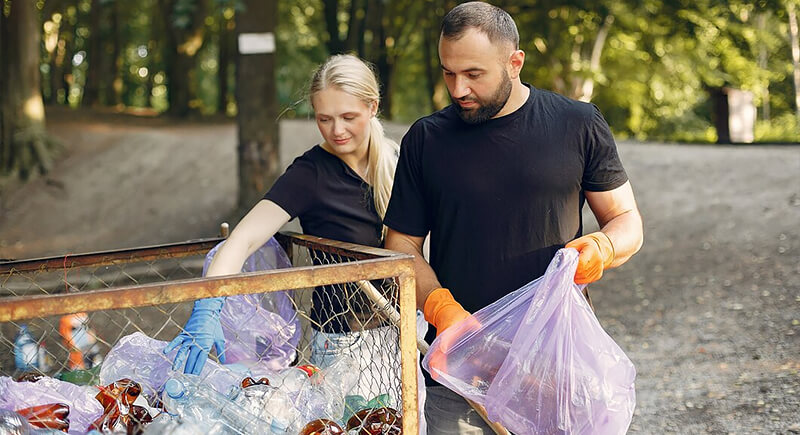
Credit: freepik
Recycling in America feels like a guessing game. Some cities barely recycle at all. Meanwhile, Germany's multi-bin system ensures nearly everything is sorted correctly. South Korea charges residents for trash but makes recycling free. In contrast, the U.S. sends tons of recyclable materials to landfills simply because the system is broken.
Voting Accessibility
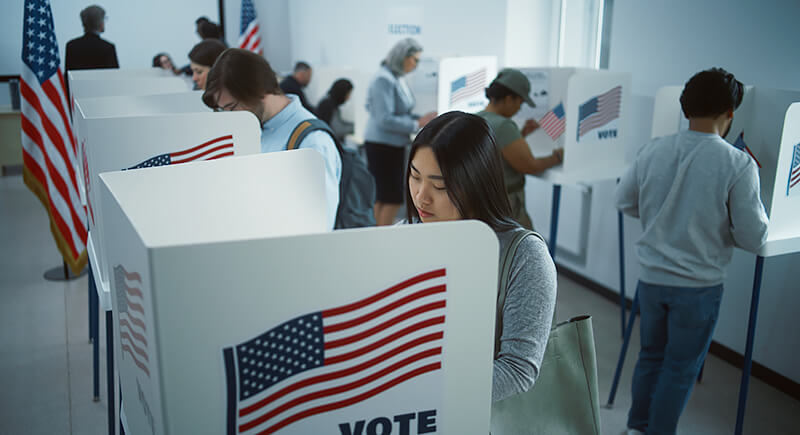
Credit: iStockphoto
Australia automatically registers citizens and fines those who don’t vote. Germany runs elections on Sundays, and Estonia has secured online voting for years. Meanwhile, in the U.S., casting a ballot means long lines, ID laws, confusing registration deadlines, and limited polling places. Mail-in ballots help, but access varies by state.
Lower Drinking Age

Credit: iStockphoto
The U.S. stands alone with a drinking age of 21. This has resulted in a culture of binge drinking on college campuses and fake IDs as a rite of passage. Countries like Germany and Italy integrate alcohol into social settings at a younger age.
Digital Privacy Laws
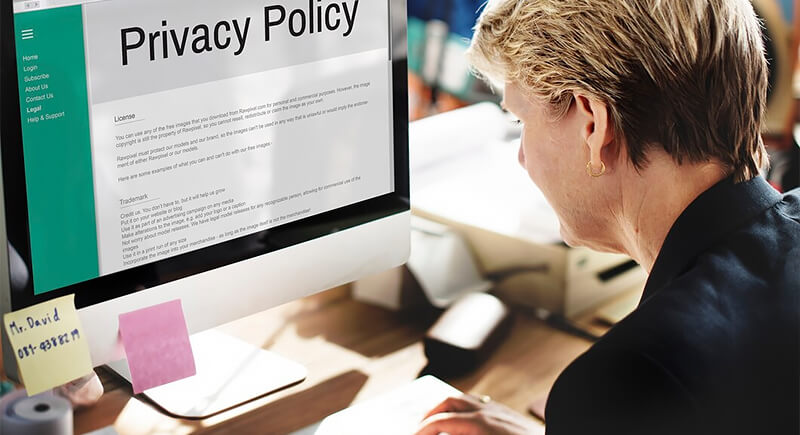
Credit: freepik
Online privacy in America is a joke. Companies collect and sell personal data with little regulation. Meanwhile, the European Union's General Data Protection Regulation (GDPR) forces companies to disclose what data they collect and gives users more control. California has its own privacy law, but protections are weak at the federal level.
Intensive Bicycle Infrastructure
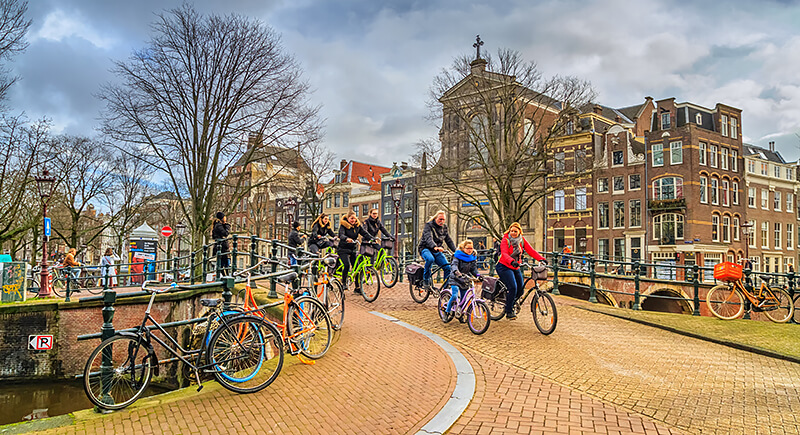
Credit: iStockphoto
In the Netherlands, bikes outnumber people. In Denmark, nearly half of Copenhagen's commuters ride to work. Even Paris, a city once known for its traffic jams, has rapidly transformed into a cyclist's paradise. Meanwhile, in the U.S., biking is still often treated as a recreational activity rather than a legitimate mode of transportation.
Efficient Waste-to-Energy Programs
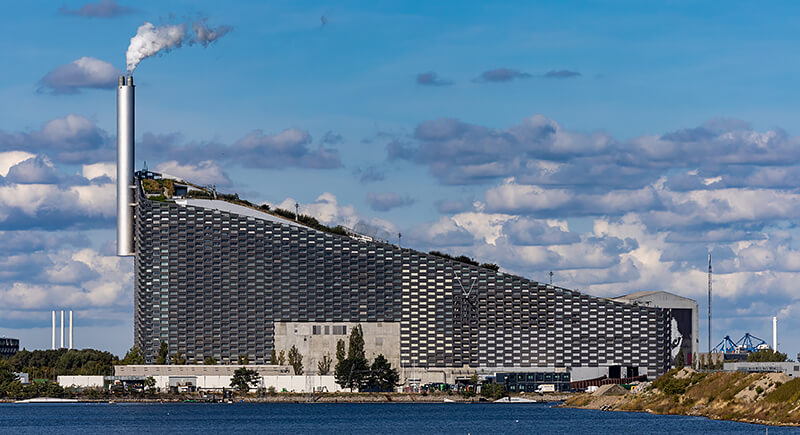
Credit: iStockphoto
Trash doesn't just have to be trash. Sweden figured this out decades ago and now burns so much waste for energy that it imports garbage from other countries to keep its power plants running. The U.S. is still mostly buried in landfills. American cities wrestle with overflowing dumps and recycling systems that barely function.
Bans on Harmful Pesticides

Credit: freepik
Europe decided years ago that certain pesticides were too dangerous to keep around. The EU has banned pesticides that the U.S. still allows, some of which have been linked to cancer, hormone disruption, and environmental damage. The argument here usually boils down to industry pressure and regulatory gridlock.
Nationwide Climate Policies
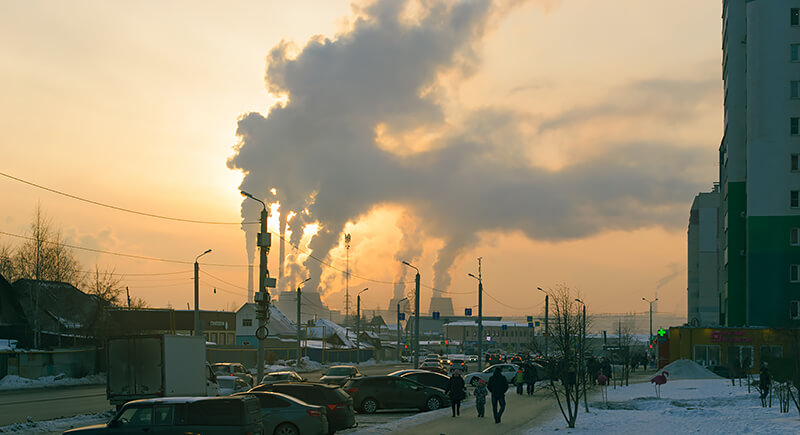
Credit: iStockphoto
Most developed nations have long since passed national policies to cut carbon emissions. Germany set aggressive renewable energy targets, and the U.K. has legally binding carbon budgets. Meanwhile, the U.S. is still arguing about whether climate change is real. Sure, some states are making progress—California and New York, for example—but it's a patchwork effort without a national strategy.



